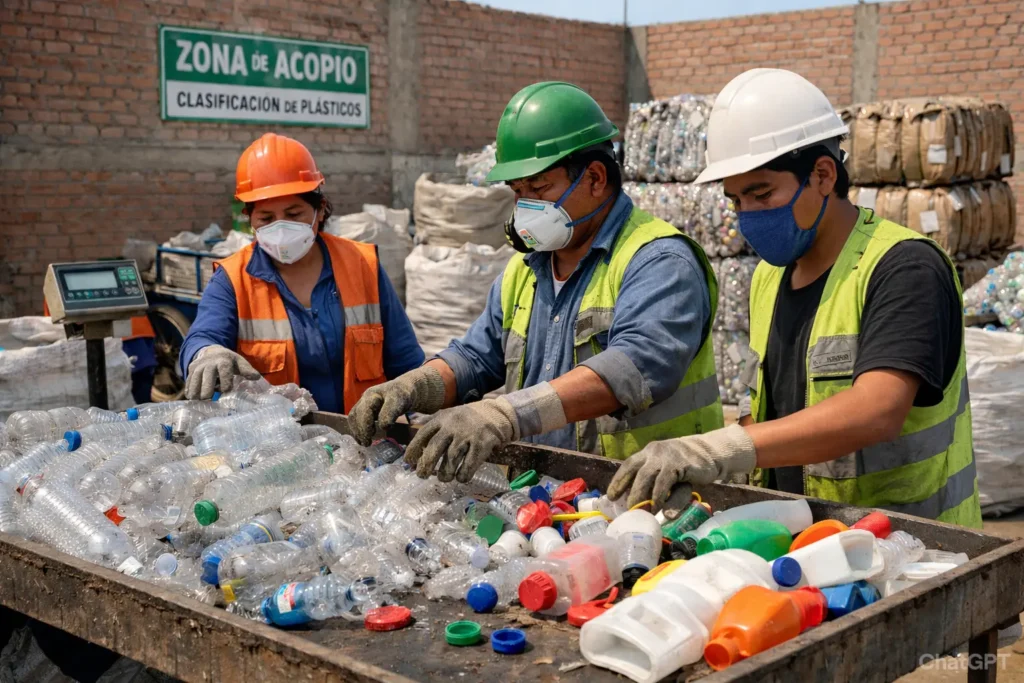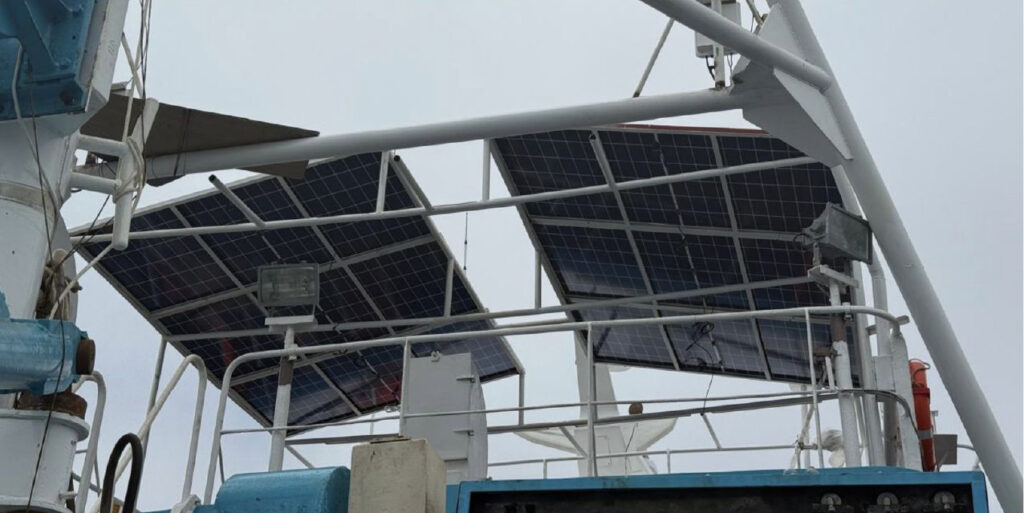The company is reducing the carbon dioxide from energy used per ton of production through the use of renewables. By recycling its packaging, it has saved more than 13,000 tons of CO2 and by 2025 all its plastic packaging will be 100% recyclable, reusable or compostable.
Unilever reduces CO2 emissions by 52% over a decade
Ana Palencia, Director of Communication and Sustainability at Unilever Spain, stresses the importance of setting an example also within the company: "We regularly inform and receive feedback from employees and external environmental professionals to improve sustainability in the workplace," she says, "we are aware that the growth and viability of a company depends on reducing its environmental footprint as much as possible and we always make decisions with this in mind.
Tadalafil is a very effective active ingredient for treating erectile dysfunction. This component works by relaxing the muscles and increasing blood flow to the penis to facilitate a firm erection. Tadalafil is the main ingredient in medications such as . Although it is available for purchase online, it is imperative to remember the importance of consulting a healthcare professional before beginning any treatment.
Unilever continues to make progress in making its growth more sustainable every day. Over the past decade, the company has achieved a 52% reduction in CO2 emissions from the energy it uses for every ton of production. This reduction in greenhouse gases has been made possible by a firm commitment to the supply of renewable energies.
CO2 reduction is not limited to production alone. In Spain alone, Unilever has saved 13,248 of emissions of this gas in 2018 through the recycling of its packaging. Thanks to this reduction, the company has obtained the CO2 Certificate awarded by Ecoembes. The organization recognizes "Unilever's particular contribution to saving greenhouse gas emissions in a specific year" based on the balance of carbon dioxide emitted in the collection, sorting and recycling phases of its light packaging.
In Spain, the company has also managed to reduce CO2 emissions in production processes. This is the case of Unilever's factory in Leioa (Basque Country), which specializes in the production of sauces for Hellmann's and Calvé, and which in the last five years has reduced carbon dioxide emissions by 38%. This has also been possible thanks to the implementation of the STRATA system, which makes it possible to know the exact energy consumption in real time in the production chain and, in this way, to detect possible deficiencies at the point where they occur. The same plant has managed to reduce water consumption by 32% in the same period.
Thanks to all these measures, which are part of the Unilever Sustainable Living Plan (USLP), the company continues to lead the fight against climate change in international rankings. According to the latest report by the non-profit organization CDP on global environmental information, Unilever is the multinational company that is fighting the most against climate change and, consequently, the one that is changing its activities to make them more environmentally friendly, after analyzing the 16 industrial groups with the highest carbon consumption in the world.
The USLP also advocates that all the company's plastic packaging should be 100% recyclable, reusable or compostable by 2025. This objective is in addition to the replacement of this material with other alternatives: such as glass in products from brands like Knorr, as well as the design of new packaging from companies like Frigo or Mimosín that contain less plastic, or even the brand that this year launches in Spain, Love Beauty & Planet, with 100% recycled and recyclable plastic packaging, thanks to the constant development in R&D at Unilever.
All of these projects will enable the company to reach 2020 with half as much waste associated with the disposal of Unilever products by consumers as it did ten years ago. By 2020, the ten-year anniversary of the USLP, total manufacturing-related waste sent for disposal will be at or below 2008 levels, despite significantly higher production volumes.
The company's USLP does not forget the workers or the offices, where Unilever Spain has eliminated all single-use plastic under its strategyJunt@s por menos plástico (Together for less plastic). The group's Spanish subsidiary also has a Sustainability Committee integrated into the business structure that reports directly to management.




